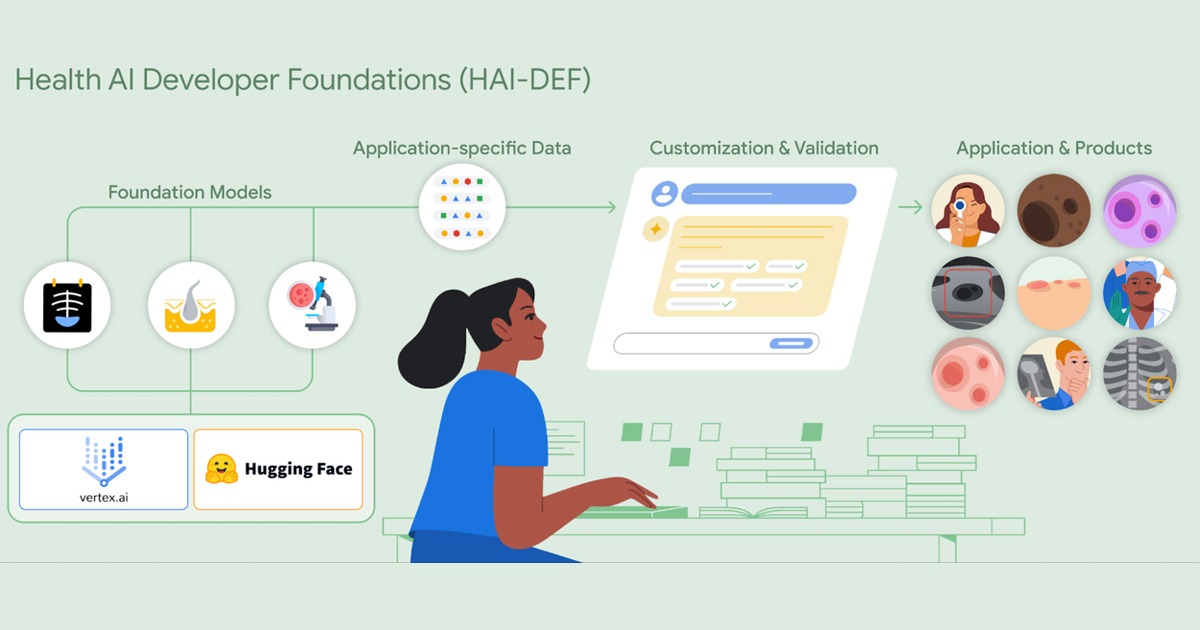Researchers in the United States presented a framework to promote financial incentives for the adoption of Artificial Intelligence (AI) in health systems.
The study presented in npj Digital Medicine journal, explains that the adoption of AI in health care requires constant and sustainable financial incentives. Therefore, the authors presented a framework to analytically determine the value and cost of each AI service.
The framework lays out specific actions that include stakeholders such as patients, providers, AI developers, and even legislators. One of the purposes of the framework is to strike a balance between the ethics, workflow, cost, and identified value of each actor.
The framework also explains that AI that does not offer health benefits should not receive financial incentives, so it is necessary that the incentives be supervised by public or private agents.

In this sense, the authors propose a comprehensive framework that:
- Maximizes alignment with ethical frameworks for AI in healthcare
- Enables more optimal alignment between ethical, fairness, workflow, cost, and value perspectives for AI services
- Improves the support and participation of affected stakeholders, (d) is transparent
- Relates to existing coverage and payment amount systems in the United States
Although the framework developed by these authors focuses primarily on the United States, they believe that it can be a useful template to apply with some modifications to any health care system.
Likewise, the article lists the interested and necessary parties for the application of AI in health systems.
- First of all, regulators, in the case of the United States the Food and Drug Administration, are in charge of these tasks.
- Patients and patient organizations that support the use of AI based on scientific evidence.
- Experts in evidence-based medicine who support the use of AI in health.
- Physician and provider organizations.
- Government health programs that include the adoption and implementation of AI in their strategies.
- Legislative and government executives, who establish the laws that favor the adoption of AI in health care.
- Government insurance such as Medicaid, Medicare, among others. As well as commercial health insurance.
Check the full article that also includes a case study on autonomous AI in diabetic retinal examination: https://www.nature.com/articles/s41746-022-00621-w





